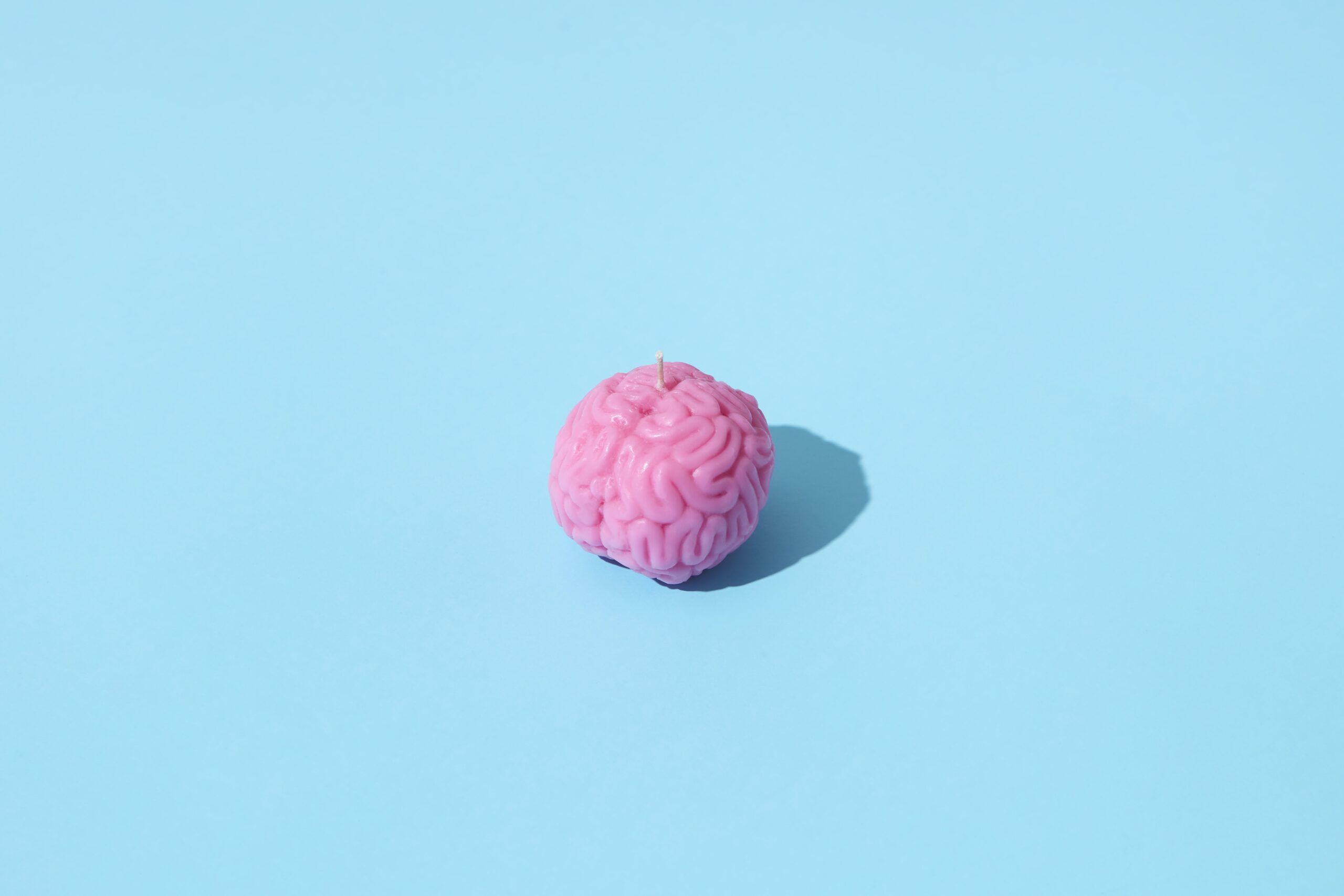
Author, Veljko Dubljević, PhD (NC State University) will be the new Editor in Chief of American Journal of Bioethics – Neuroscience, beginning February 1, 2023.
Neuroethics has come of age. Since it’s conception in 2002 (Roskies 2002), Neuroethics has passed many developmental stages and milestones, and has rightfully reached full maturity at the time of this writing (early 2023). Since Neuroethics is a field and not a person, reaching 21 does not so much signal an end to binge drinking (even if it did have a rather adolescent phase of almost obsessive fascination with psychotropic drugs – see Dubljević et al. 2015). Rather, the years passed testify that the scholarly community is diverse, serious and diligent in all relevant senses of those terms.
The Neuroethics community, and American Journal of Bioethics – Neuroscience as the official journal of the International Neuroethics Society, brings together the thoughts and deeds of researchers, practitioners and students from many disciplines, races, ethnicities, creeds and boasts of a range of approaches (Dubljević et al. 2021), from more narrowly biomedical research oriented (Baum 2016) via clinical practice (Glannon 2019) to political questions of distributive justice (Dubljević 2019). So, when I assert that Neuroethics has matured as a field, my assertion is backed by the fact that so much valuable scholarship has been produced, disseminated and even influenced social reality in the last two decades, that debates on whether Neuroethics is separate from Bioethics, with subfields of its own, has merit (Racine & Aspler 2017). Regardless of where one stands on this particular issue, it is undeniable that special topics in Neuroethics are on the rise.
As the new Editor-in-Chief of American Journal of Bioethics – Neuroscience, I want to take this opportunity to express my gratitude to the Neuroethics community for maintaining the high level of quality and diversity in scholarship and to promise that I will do my best to steer the discussions to the most pressing and productive issues. At this point, I would also like to emphasize Neuro-Computational Ethics as one of those special topics in Neuroethics, which I believe deserves more sustained attention and scholarship.
Please allow me to start with some general background. The National Academy of Engineering tasked leading technological thinkers with identifying grand challenges for engineering in the 21st Century. Most of the challenges and opportunities that they came up with are not surprising and more or less irrelevant for Neuroethics (e.g., “Making Solar Energy Economical” or “Providing Energy from Fusion”), However, also included are “Engineering Better Medicines” and “Reverse-Engineering the Brain” (NAE 2023) which are topics of Bioethical and Neuroethical import par excellence. In terms of engineering challenges for creating better medicines, these include questions of how to develop better systems to rapidly assess a patient’s genetic profile; how to ethically collect and manage massive amounts of data on individual patients; and how to create inexpensive and rapid diagnostic devices. Reverse-engineering the brain as an Engineering challenge starts with the premise that general-purpose artificial intelligence has remained elusive because artificial brains have been designed without much attention to real ones (NAE 2023).
While both of these are relevant, there is a clear need for the Neuroethics community to focus on the latter of the two topics, as the intersection of Engineering and Neuroscience promises great advances and brings novel ethical challenges. We can count on Engineering’s and Neurosciences’ best minds to continue relentlessly pursuing the creation of computers emulating human intelligence, with massively parallel processing and vast connectivity, akin to human neural networks. However, there is a need for more sustained ethical reflection of the implementation of neurocomputational models in AI agents (see e.g., Dubljević 2020), technological coupling of brains and computers (see e.g., Coin et al. 2020), and other emerging clinical (Friedrich et al. 2021) and policy issues (Jotterand & Ienca 2021) at the intersection of artificial intelligence and neurotechnology.
The relatively new short article types, “Insight” and “Policy Forum” articles, are ideal for brief communication in this rapidly evolving area of scholarship in the American Journal of Bioethics – Neuroscience. That being said, we need more high quality submissions of “Target Articles” that will generate discussion, including but not limited to exchanges with “Open Peer Commentaries,” and firmly establish Neuro-Computational Ethics as a serious area of scholarship with a multitude of approaches, voices and perspectives.
References:
Baum, M.L. (2016): The Neuroethics of Biomarkers, New York, NY: Oxford University Press.
Coin, A., Mulder, M. & Dubljević, V. (2020): Ethical Aspects of BCI Technology: What is the State of the Art? Philosophies, doi:10.3390/philosophies5040031
Dubljević, V., Venero, C. and Knafo, S. (2015): What is cognitive enhancement? in Knafo, S. & Venero, C. (Eds.): Cognitive Enhancement, Amsterdam: Elsevier/Academic Press: 1-9.
Dubljević,V. (2019): Neuroethics, Justice and Autonomy: Public Reason in the Cognitive Enhancement Debate, Heidelberg, Germany: Springer.
Dubljević, V. (2020): Toward Implementing the ADC Model of Moral Judgment in Autonomous Vehicles, Science & Engineering Ethics, DOI: 10.1007/s11948-020-00242-0.
Dubljević, V. Trettenbach, K & Ranisch, R.(2021):The Socio-Political Roles of Neuroethics and the Case of Klotho, American Journal of Bioethics – Neuroscience, https://doi.org/10.1080/21507740.2021.1896597.
Friedrich, O., Wolkenstein, A., Bublitz, C., Jox, R.J. & Racine, E. [Eds.] (2021): Clinical Neurotechnology meets Artificial Intelligence: Philosophical, Ethical, Legal and Social Implications, Cham, Switzerland: Springer/Nature.
Glannon, W. (2019): Psychiatric Neuroethics: Studies in Research and Practice, Oxford UK: Oxford University Press.
Jotterand, F. & Ienca, M. [Eds.] (2021): Artificial Intelligence in Brain and Mental Health: Philosophical, Ethical and Policy Issues, Cham, Switzerland: Springer/Nature.
National Academy of Engineering [NAE] (2023): Introduction to the Grand Challenges for Engineering. Accessed on Jan 23, 2023, available at: http://www.engineeringchallenges.org/challenges/16091.aspx
Racine, E. & Aspler, J. [Eds.] (2017): Debates About Neuroethics: Perspectives on Its Development, Focus, and Future, Cham, Switzerland: Springer.
Roskies, A. (2002): Neuroethics for the New Millenium, Neuron, 35: 21–3.